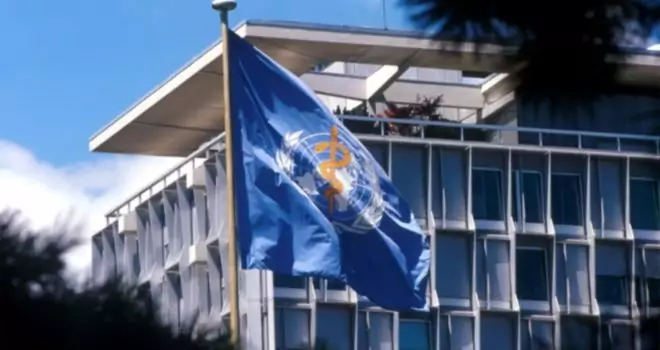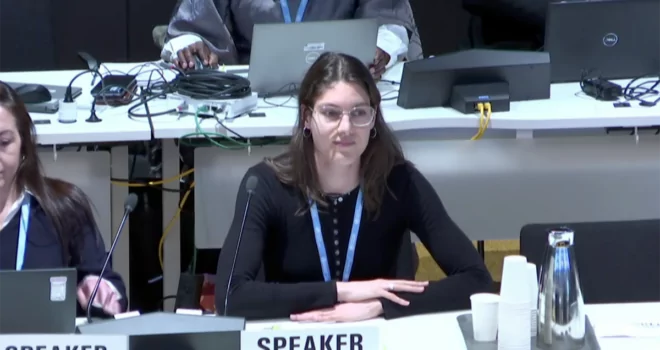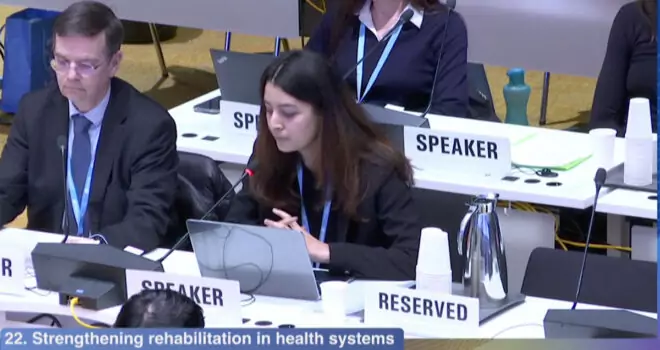This is a statement led by NCD Alliance and the World Heart Federation at the 77 World Health Assembly on Agenda item 15.4
This statement is made by the World Heart Federation on behalf of the Global Alliance for Tobacco Control, International College of Surgeons, International Diabetes Federation, International Federation of Biomedical Laboratory Science, International Society for Quality in Health Care, International Society of Nephrology, International Society on Thrombosis and Haemostasis, International Union for Health Promotion and Education, NCD Alliance, Union for International Cancer Control, World Organization of Family Doctors, and World Stroke Organization.
We applaud Member States for addressing climate change and urge this body to take decisive action through rapid implementation of a strong, comprehensive resolution and WHO Global Plan of Action of Climate Change and Health.
Climate change has a wide range of impacts on health and well-being. Non-communicable diseases and CVD are particularly implicated, from direct exposure pathways such as heat events and air pollution to indirect knock-on effects. Climate change disproportionately affects susceptible populations, including vulnerable groups such as the very young and very old, as well as people living with cardiopulmonary diseases. In 2019, roughly 7 million deaths, or 12 percent of all deaths worldwide, were attributable to air pollution, with as many as half from heart disease and stroke.
Progress in turning recommendations into action has been slow. We warmly welcome a World Health Assembly resolution on climate and health that embraces win-win policies like active transportation, strengthening healthy cities, and building resilient health systems through strong PHC coverage. We support the dual focus on both climate mitigation and adaptation, and we look forward to fostering a One Health approach across sectors in our capacity as civil society representatives.
While recognizing this resolution as an achievement of international negotiation and acknowledging the specific capacities and mandates of national Ministries of Health, we note with concern that a clear call to phase out fossil fuel subsidies and use does not appear in the final text. We encourage Member States to reflect on the lessons learned and limitations surrounding key commercial determinants of health enshrined through the Framework Convention on Tobacco Control, and to do their utmost to limit the devastating health effects of exposure to fossil fuel combustion.
Finally, we warmly welcome the proposal for the WHO to develop a results-based Global Plan of Action of Climate Change and Health. As one of the key deliverables, this resource has the potential to provide a much-needed roadmap for Member States to develop evidence-based responses to the health impacts of climate change across governments. We urge Member States and the WHO to proactively consult with other UN agencies and civil society organizations through consultations throughout its development. Thank you.


